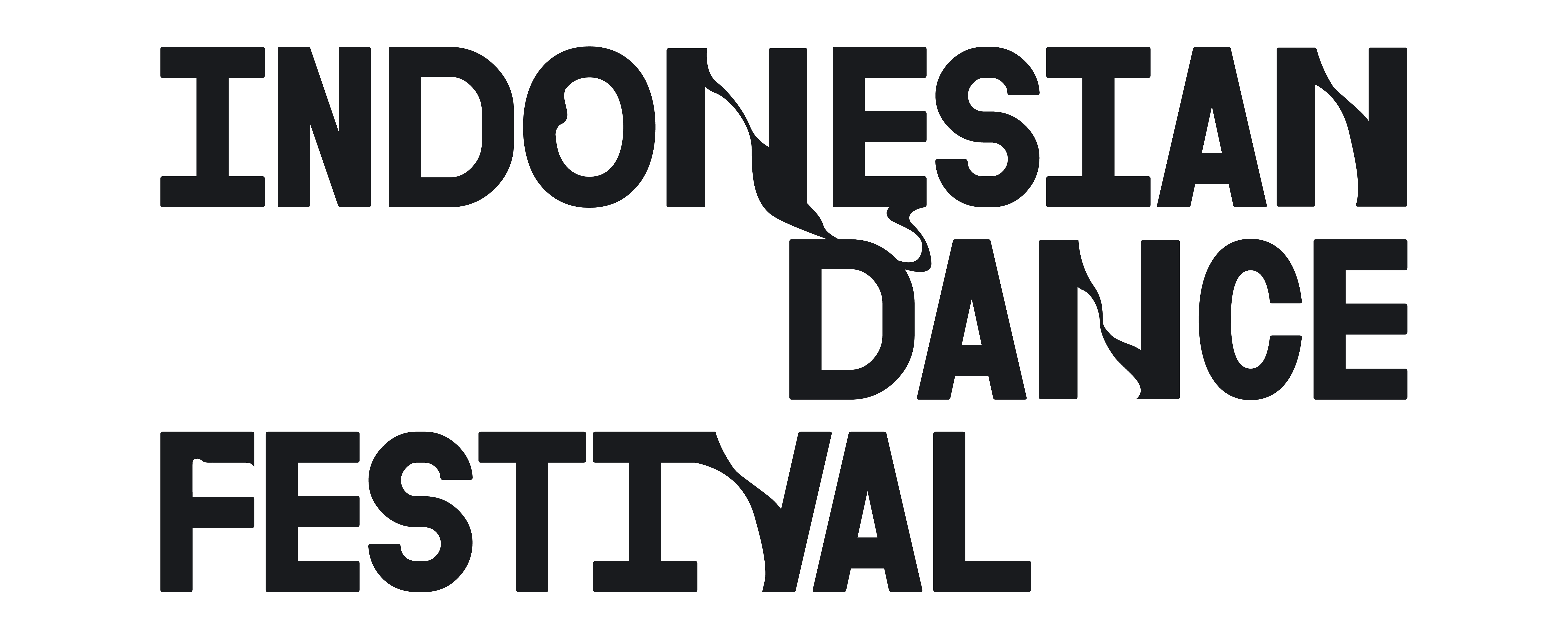
From Jakarta to Germany, Ayu Permata Sari Brings the Spirit of Dangdut
30 January 2023
Ayu Permata Sari spent months visiting local dangdut* clubs around Central Java to research body movements, experience, and fans of dangdut performances. The work produced from her research premiered at the Indonesian Dance Festival, then traveled to dance and theater festivals in Germany.
When one thinks of a dangdut performance, the scenes that will likely come up include the sound of electone and drums pounding, flirtatious vocals with a Malay twist, body contortions, and the audience - the majority of men - swaying with the atmosphere.
This type of spectacle is familiar in various areas of Indonesia. So familiar, that it is associated commonly with everyday festivity rather than part of contemporary dance culture. Ayu Permata Sari, a choreographer who lives and works in Lampung invites the audience to see dangdut from a new perspective. Based on field research, her work “Tubuh Dang Tubuh Dut” sees her assuming a role of a male audience, dancing front stage and watched by the public. An attempt to reverse the male gaze perspective that she often encounters in dangdut clubs.
The work “Tubuh Dang Tubuh Dut” was premiered at the 2018 Indonesian Dance Festival (IDF). When given the stage, Ayu felt challenged to create a relevant presentation for the contemporary dance community, both from within and outside the country. The opportunity to face a diverse audience also made her realize that “the work is not only good for the stage presentation, but it has potential to open discussions at dance congresses as a gate to discover Eastern pop culture, specifically Indonesian.”
Four years after its premiere at the IDF, Ayu brought the work to European audiences through her performance at Tanz Kongress, a triennial dance and theater festival in Mainz, Germany. “Tanz' curator, How Ngean Lim, was interested in the physical process behind my work. I am a woman who embodies a man, a representative of the dangdut audience.”

Ayu’s physical exploration and embodiment is the result of a long process. For the sake of this work, she spent a lot of time in and out of dangdut clubs in and around Yogyakarta, Central Java, and talked to many people who frequented the clubs. She was impressed at how the audience enjoyed and absorbed in the music so deeply they freely danced in front of the stage. Dangdut parties become a catalyst and space for liberation.”Most people that I encountered come to dangdut parties to momentarily escape from the hustle and bustle of work, home, and everyday life,” Ayu said.
She also observed that an audience’s daily job influenced their body movements during ‘dangdutan’. For example, she noticed a construction worker dancing, seemingly unaware that his dance gestures are similar to pounding nails into a wall. Bodily experiences that are part of everyday life just appear in the middle of the music.
This work brings Ayu to see a manifestation of the anthropological concept of liminality, in which a space for encounter is created and liberates modern society from social status and expected behavior based on that status. In Ayu's view, dangdut parties free audiences from their status, and provide space to momentarily forget their roles in the society.
Ayu is a choreographer who graduated from ISI Yogyakarta. After studying and living in Yogyakarta, she has now returned to Lampung and initiated the Ayu Permata Dance Project (APDP) to share her knowledge of dance through creating works, facilitating classes on physicality, discussions and dance workshops. APDP is actively involved in various art festivals and events at the local, national and international levels. “It is quite difficult for young dance artists to get the support and space they need to create. So I try to make this space. To support myself too!” she joked.
*Dangdut is a popular Indonesian folk music genre that is partly derived and fused from three cultures - Hindustani, Arabic and Malay.
